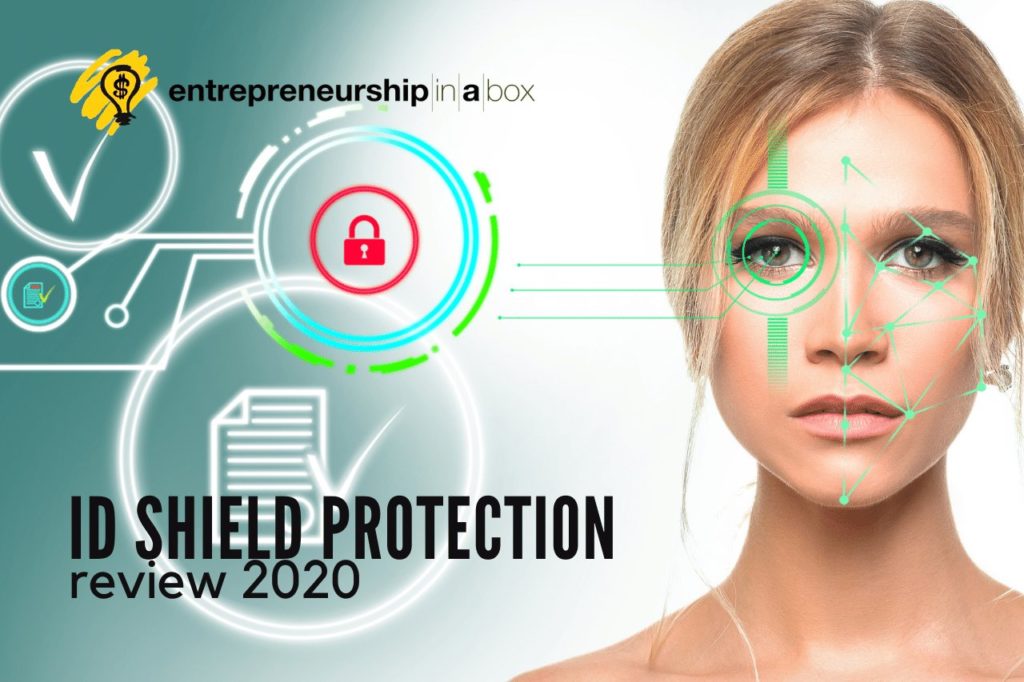Identify theft now abounds in the rather tumultuous world of today. That is a sad fact. With more and more businesses now online and more individuals using social media, hacking, and other types of identity theft, have steadily increased in volume and intensity. Fear of the coronavirus has caused an implosion of identity theft. The FTC (Federal Trade Commission) warns individuals and businesses that medical scams and scams concerning credit card charges are the most prevalent.
In its most simple definition, identity theft is when someone’s identity is fraudulently used to impersonate them online or to make credit card charges or other financial transactions by using their name. The effects can be long-lasting and serious as they might not go noticed by a victim for quite some time. Vigilance is constantly necessary now, and many individuals and even businesses are not aware of the intricacies of these scams and do fall prey to them too often.
So how does one take precautions in protecting oneself from identity theft?
By awareness, first and foremost. Knowing the types of scams and how scammers employ them is critical. There are at least twenty known types of identity theft, and all are diabolical. From the interception of credit cards in the mail to bank account access, the list is astonishing.
The newest type of fraud now involves online shopping, where scammers take on the identity of a business or pretend to be a new business. Once an individual gives over their personal information and a credit card or other payment information, the fraudster disappears entirely. At the same time, the victim is hit with the reality that no product or service you purchased will appear, yet a huge chunk of their money or a charge on their credit card shows that they did indeed fall prey to a fraudster.
This is done usually through a phoney link in an ad, sent through a message or email. Avoidance of all clicking of links is paramount for online purchases made directly through the main website.
The elderly populations are unfortunately most at risk and targeted relentlessly.
This is a sad fact. Widows and widowers living alone without many families or much online “savvy” can receive a phone call offering them medical services or products at a huge discount if they buy immediately by giving up their credit card or banking information. Social security numbers are often requested as well as scammers will always go as far as they can when they feel they have found a victim. The elderly are often the victims of “romance scams” where scammers use pictures of non-existing individuals and “woo” the victim into sending them money through gift cards or wire transfers.
The romance scams are particularly difficult to overcome. Once a scammer has enough information, they can even access an individual’s passport and other types of materials, which they either use or sell for big money online to other scammers. ANY victim of an identity theft scam becomes part of a list that is kept by scam list brokers. The heartache caused can be felt not just immediately but can continue for years to come as the information gleaned is sold resold over and over again to new scammers. Keeping personal info offline is paramount.
So, what can a person or company do to ensure that the initial identity theft does not occur?
Since many scammers find their information online through social media accounts of individuals and businesses, it helps reduce scam efforts by ensuring that the personal or business information is protected and essentially “scrubbed” (deleted) from the Internet. Individuals and businesses should search for their names from time to time to ascertain where they appear and which listings are not theirs. It does help to reduce the amount of fraud by not sharing private information online anywhere, especially pictures, phone numbers, or addresses.
While this is easier for individuals to avoid, it is not possible many times for businesses, as they do have a website or business listings that need to have this information available online for customers. There are services out there now that provide monitoring and deletion of personal information for individuals and businesses.
With this in mind, sites such as Entrepreneurship in a Box do provide resources and reviews.
Entrepreneurship in a Box runs the gamut of information that will assist business services in identity theft protection and other types of services helpful to businesses. Still, average individuals will find the reading on their website well worth it. It can fit both large and small businesses and be used for personal information on many issues online and ideas on how to protect oneself in the chaotic world of today. Dozens of services that provide identity theft recovery and follow-up services that might be necessary after an incident are abundant, and it is hard for businesses and individuals to know which to choose. OneRep is a company that provides reviews of identity theft services. OneRep is an identity theft protection service and has reviews and knowledge bases for consumers and businesses online.
OneRep provides a complete overview of ID Shield, one of the oldest and most popular identity theft services out there. You can view the ID Shield Protection Service Review by clicking the link provided under the highlighted words above.
ID Shield does have both good and bad points however:
The good points are that there are a number of packages that you can purchase, and some, especially the individual packages are relatively affordable. Credit monitoring seems standard with each package, but scrubbing information on websites and other online information sites does not seem to be routinely done. It is little if no assistance, other than the credit monitoring, like the FAQ and even the chat line when called, refers members to their partners Pre-Paid Legal which is the parent company. ID Shield does NOT assist when an issue already has occurred with identity theft, and this is when most individuals need the most assistance. If called, or when using the chat line, a representative does provide a phone number for PrePaid Legal in already existing circumstances.
ID Shield is now Legal Shield having been incorporated into PrePaid Legal over a decade ago.
There is a mobile app available in ID Shield and continual monitoring of any suspicious activity through the ID Shield website or Legal Shield website, but the whole setup can seem confusing. There is a thirty-day free trial but although identity and credit restoration services are mentioned, there were no clickable links on these offerings. While ID Shield provides what seems to be good credit monitoring routinely, with alerts, the information on other services that would be needed in addition to the monitoring was scant. Other identity theft services out there such as OneRep do provide a free check on how much your personal or business info online exists, and this would be helpful to know before deciding which package of any service an individual or business might want or need.





